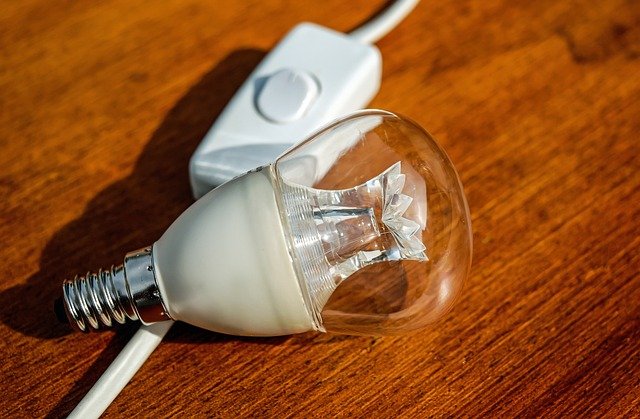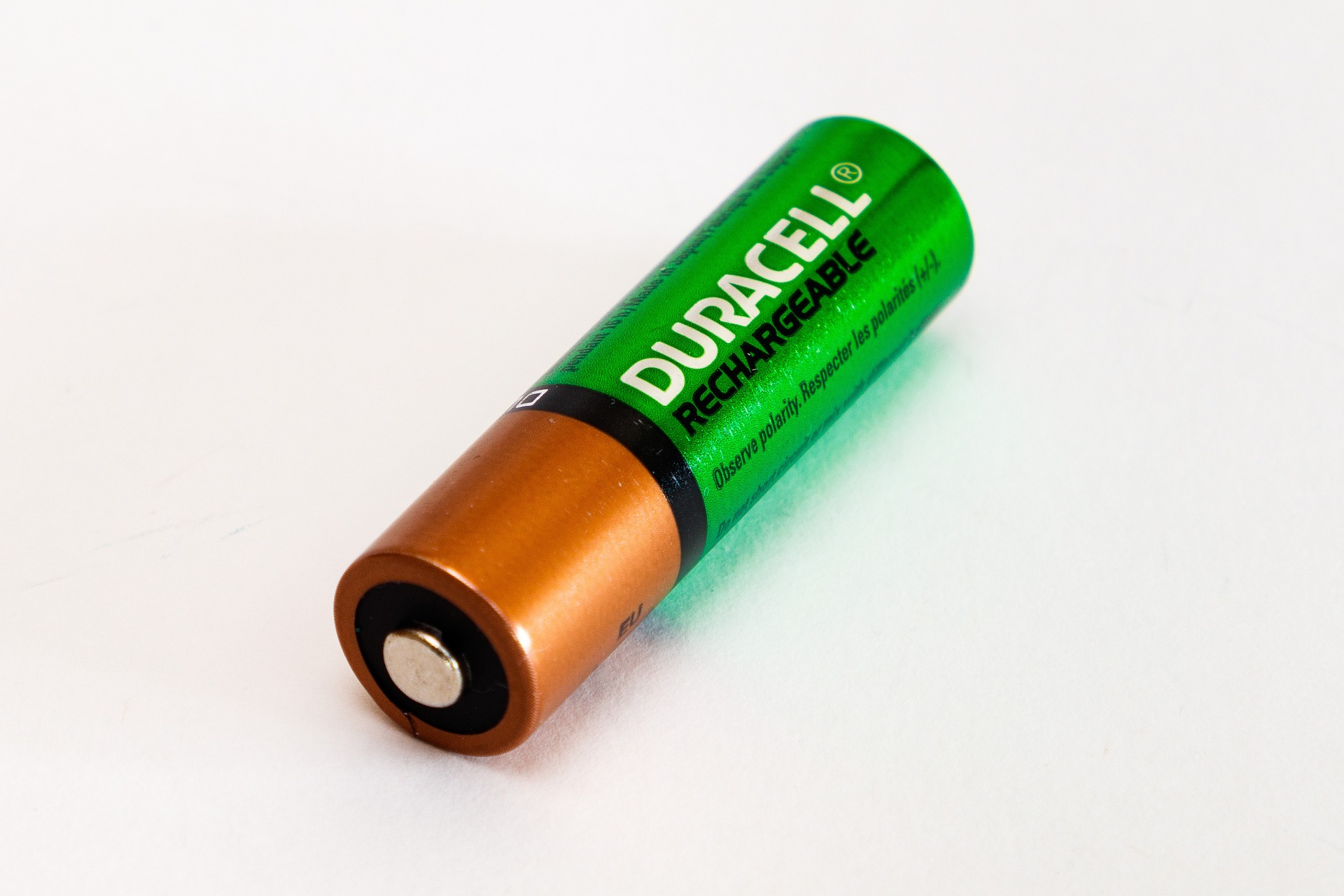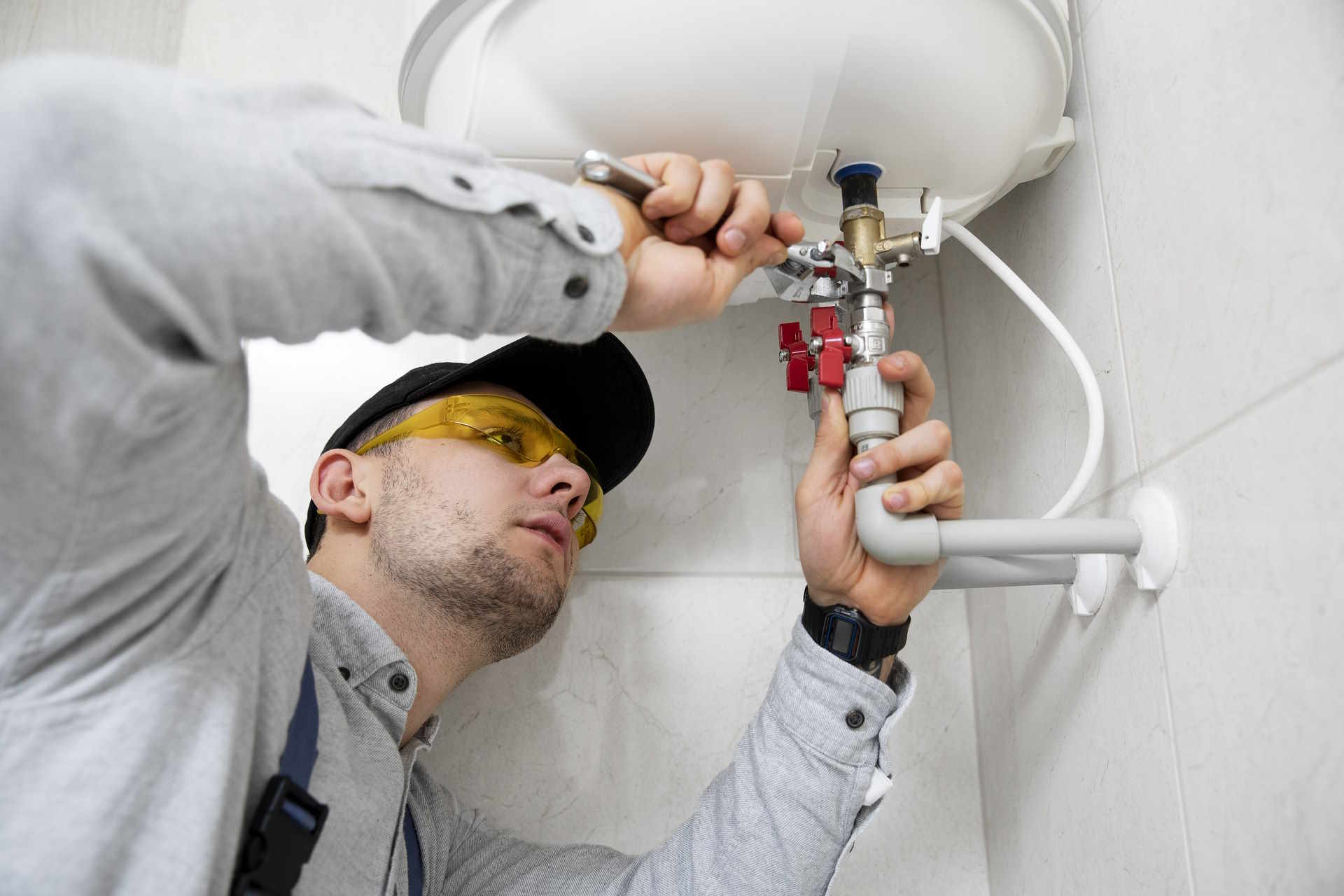Everyday Habits That Quietly Raise Your Electricity Bill
It’s easy to blame high electricity bills on seasonal changes or rate hikes, but sometimes the real culprit is much closer to home — your everyday habits. Without realizing it, small routines can quietly drive up energy use month after month. Here are common habits that might be costing you more than you think.

Are you leaving devices plugged in when not in use?
One of the most common energy-draining habits is leaving devices plugged in when they’re not being used. Many electronics and appliances continue to draw power even when turned off, a phenomenon known as “phantom” or “standby” power. This includes items like televisions, computers, game consoles, and even phone chargers.
To reduce electricity bills, unplug devices when not in use or use power strips that can be easily switched off. This simple habit can lead to significant savings over time, as standby power can account for up to 10% of a household’s electricity usage.
How often do you run partial loads in your washing machine?
Running your washing machine with partial loads is another habit that can increase your electricity bill. Washing machines use a similar amount of energy regardless of the load size, so running multiple small loads instead of full ones wastes both energy and water.
To save electricity, wait until you have enough laundry for a full load. If you must run a smaller load, adjust the water level settings accordingly. Many modern washing machines have load sensing technology that can help optimize energy use.
Are you forgetting to clean or replace air filters regularly?
Neglecting to clean or replace air filters in your HVAC system can lead to increased energy consumption. Dirty filters force your heating and cooling systems to work harder, using more electricity to maintain the desired temperature.
Make it a habit to check and clean or replace your air filters every 1-3 months, depending on usage and manufacturer recommendations. This simple maintenance task can improve your system’s efficiency and help reduce your electricity bill.
Do you leave lights on in unoccupied rooms?
While it might seem trivial, leaving lights on in empty rooms is a common habit that can add up to significant energy waste over time. Make a conscious effort to turn off lights when leaving a room, even if you plan to return shortly.
Consider installing motion sensors or smart lighting systems as part of your smart home energy solutions. These devices can automatically turn lights off when rooms are unoccupied, helping you save electricity without having to remember to flip the switch every time.
Are you using outdated, inefficient appliances?
In Canada, households can significantly reduce their electricity consumption by upgrading to energy-efficient appliances. The Canadian government’s EnerGuide label and ENERGY STAR certification help consumers identify products that meet high energy efficiency standards.
When shopping for new appliances, look for these labels and consider the long-term energy savings they offer. While energy-efficient models may have a higher upfront cost, they can lead to substantial savings on your electricity bill over time.
Have you explored smart home energy solutions?
Smart home technology offers innovative ways to monitor and control your energy usage. From smart thermostats that learn your habits and optimize heating and cooling, to smart power strips that cut off phantom power, these devices can help you save electricity without drastically changing your lifestyle.
Here’s a comparison of some popular smart home energy solutions available in Canada:
| Product | Provider | Key Features | Cost Estimation |
|---|---|---|---|
| Nest Learning Thermostat | Auto-scheduling, remote control, energy history | $249 - $329 CAD | |
| ecobee SmartThermostat | ecobee | Voice control, room sensors, energy reports | $329 - $399 CAD |
| Philips Hue Starter Kit | Signify | Smart LED bulbs, app control, scheduling | $129 - $199 CAD |
| Belkin Conserve Socket | Belkin | Auto-off timer, energy-saving outlet | $39 - $49 CAD |
Prices, rates, or cost estimates mentioned in this article are based on the latest available information but may change over time. Independent research is advised before making financial decisions.
By addressing these everyday habits and considering energy-efficient home devices, you can take significant steps towards reducing your electricity bill. Remember, the key to saving energy isn’t just about big changes; it’s about being mindful of your daily routines and making small, consistent adjustments. Over time, these habits can lead to substantial savings and a more energy-efficient home.




